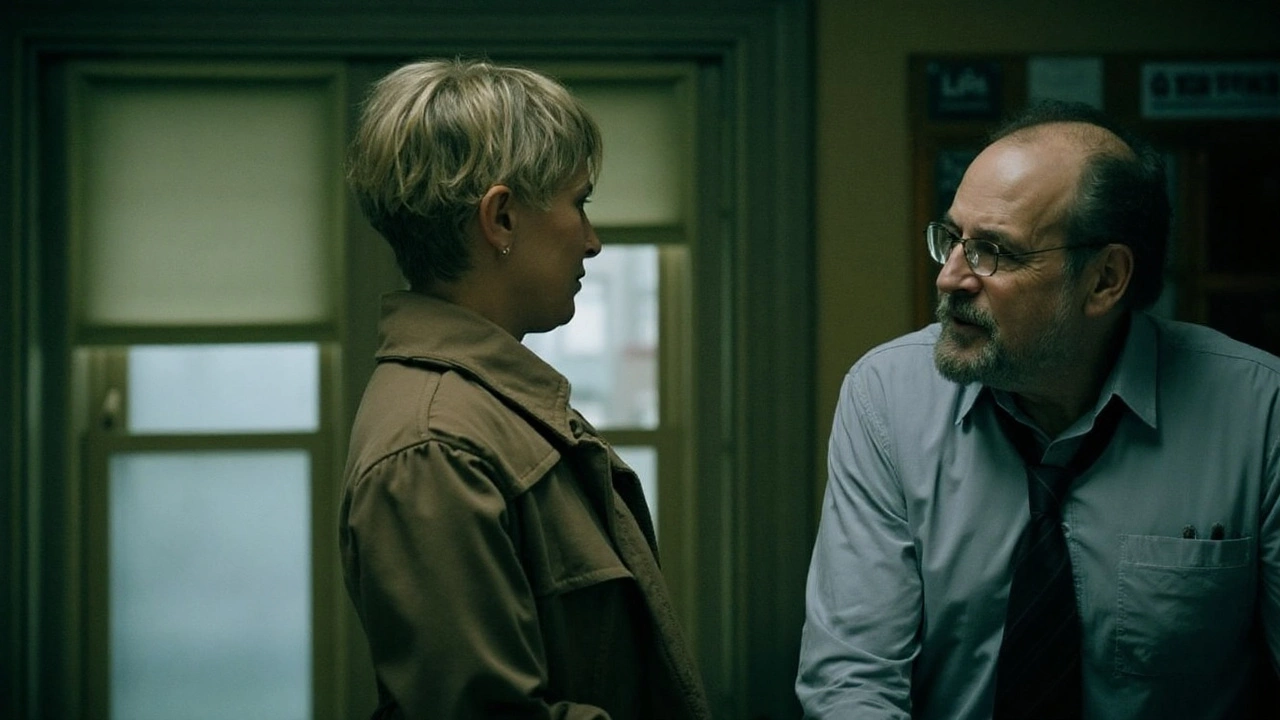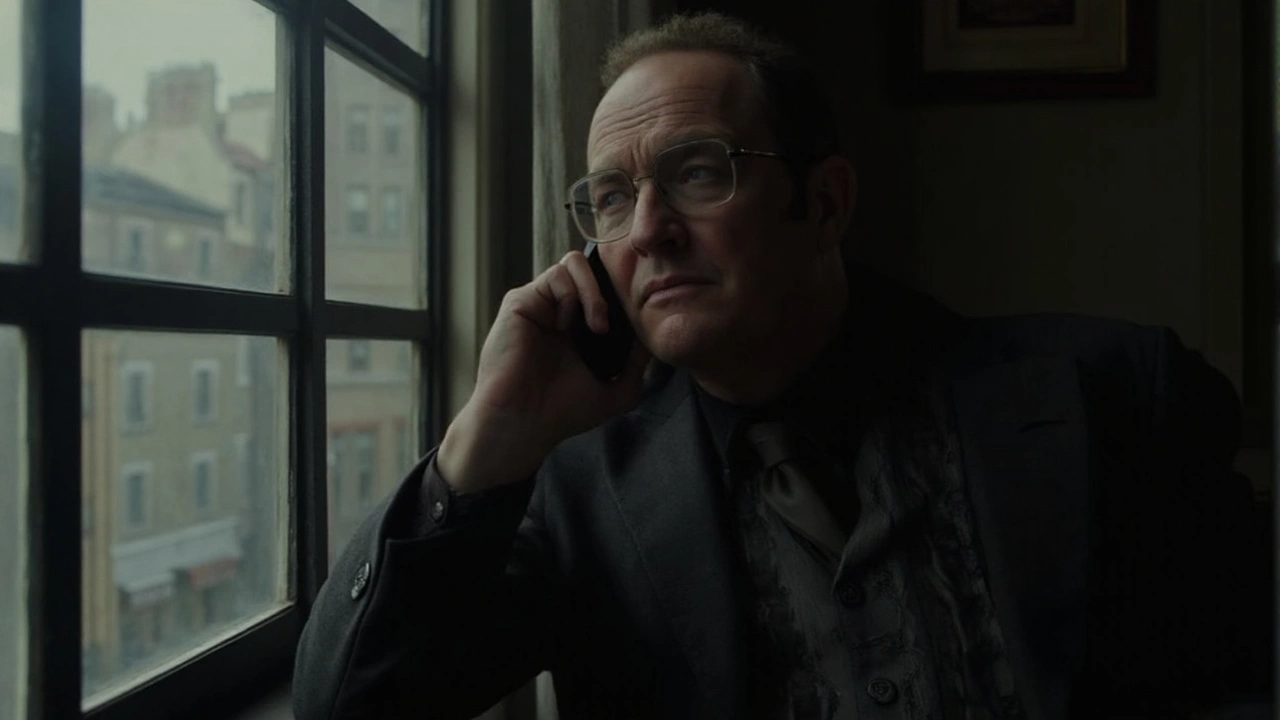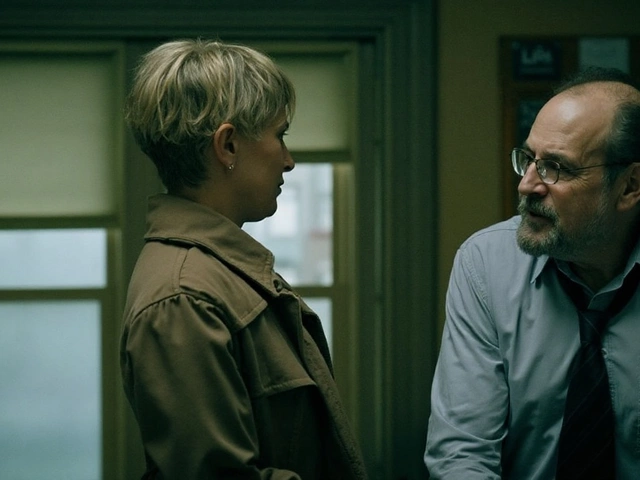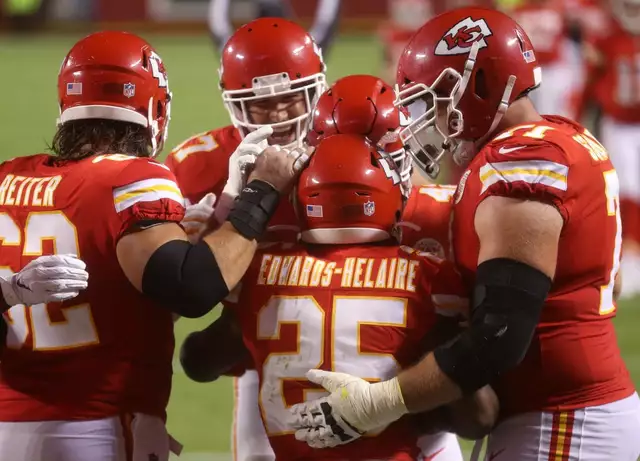24
Slow Horses Season 5 Review: Apple TV+ Spy Thriller Turns Serious

Tone Shift and Character Dynamics
When Slow Horses Season 5 rolled out on Apple TV+, the most immediate impression was its changed atmosphere. After the explosive cliffhanger of season four, the series drops the overtly sardonic edge that once defined the MI5 underdog unit and leans into a darker, more urgent narrative. The premiere, aptly named "Bad Dates," opens with a tense briefing that feels more like a covert operation than a comedic mishap, signaling to viewers that the stakes have risen.
Gary Oldman returns as the acerbic Jackson Lamb, still delivering his trademark barbs, but even his sarcasm now feels colored by the weight of past events. Critics have pointed out that while Lamb’s quips remain razor‑sharp, they no longer serve as the sole engine of the show’s humor; instead, they punctuate moments of genuine peril. This duality tests the audience’s expectations, demanding they accept both the familiar wit and the newfound seriousness.
The ensemble cast—Jodie Comer, Jonathan Glen, Kristin Scott Thomas, and newcomers—acts as the series’ backbone. Their relationships, forged over four seasons, provide a steadying influence as the writers explore more somber themes. The camaraderie among the “slow horses” feels authentic, and their personal arcs are given room to breathe, even if the emotional drama isn’t as flamboyant as before.
- Jackson Lamb’s sarcasm now coexists with strategic gravitas.
- The supporting cast maintains strong chemistry, anchoring the tonal shift.
- New plotlines address consequences of previous season’s high‑risk missions.
Overall, the shift feels intentional rather than forced. By preserving core character idiosyncrasies while widening the thematic canvas, the show navigates a delicate balance that many series stumble over when trying to evolve.

Production Values, Pacing, and Audience Expectations
Behind the scenes, producers Graham Yost and James Hawes double‑down on the series’ hallmark efficiency. Critics have praised the show’s “move‑in, move‑out” methodology—each episode zeroes in on a mission, executes it with precision, and wraps it up cleanly. This procedural rigor, paired with the heavier tone, creates a rhythm that feels both familiar and fresh.
The cinematography leans into shadowy palettes, with tighter close‑ups that amplify tension during interrogation scenes. The soundtrack, previously punctuated by jaunty motifs, now favors low‑thrum strings that underline the heightened seriousness. These production choices reinforce the narrative’s shift without alienating long‑time fans.
Nevertheless, the transition isn’t seamless. Early episodes have been described as “finding their footing,” as the series calibrates the balance between spy‑craft action and the introspective moments that give characters depth. Some reviewers note that the emotional stakes feel muted compared to the previous season’s dramatic peaks, but they also acknowledge that the show’s core—its razor‑sharp writing and deft pacing—remains intact.
Audience reaction mirrors the critical consensus: a mix of appreciation for the grown‑up direction and nostalgia for the snarkier, lighter moments. As the season progresses, the hope is that the show will fully integrate its new seriousness while preserving the clever dialogue that made it a standout in a crowded spy‑thriller market.
In short, Slow Horses Season 5 offers a more solemn portrait of espionage without abandoning the wit that defined the series. Its procedural mastery, strong ensemble, and polished production suggest that the show can evolve gracefully, even as it treads into darker territory.




